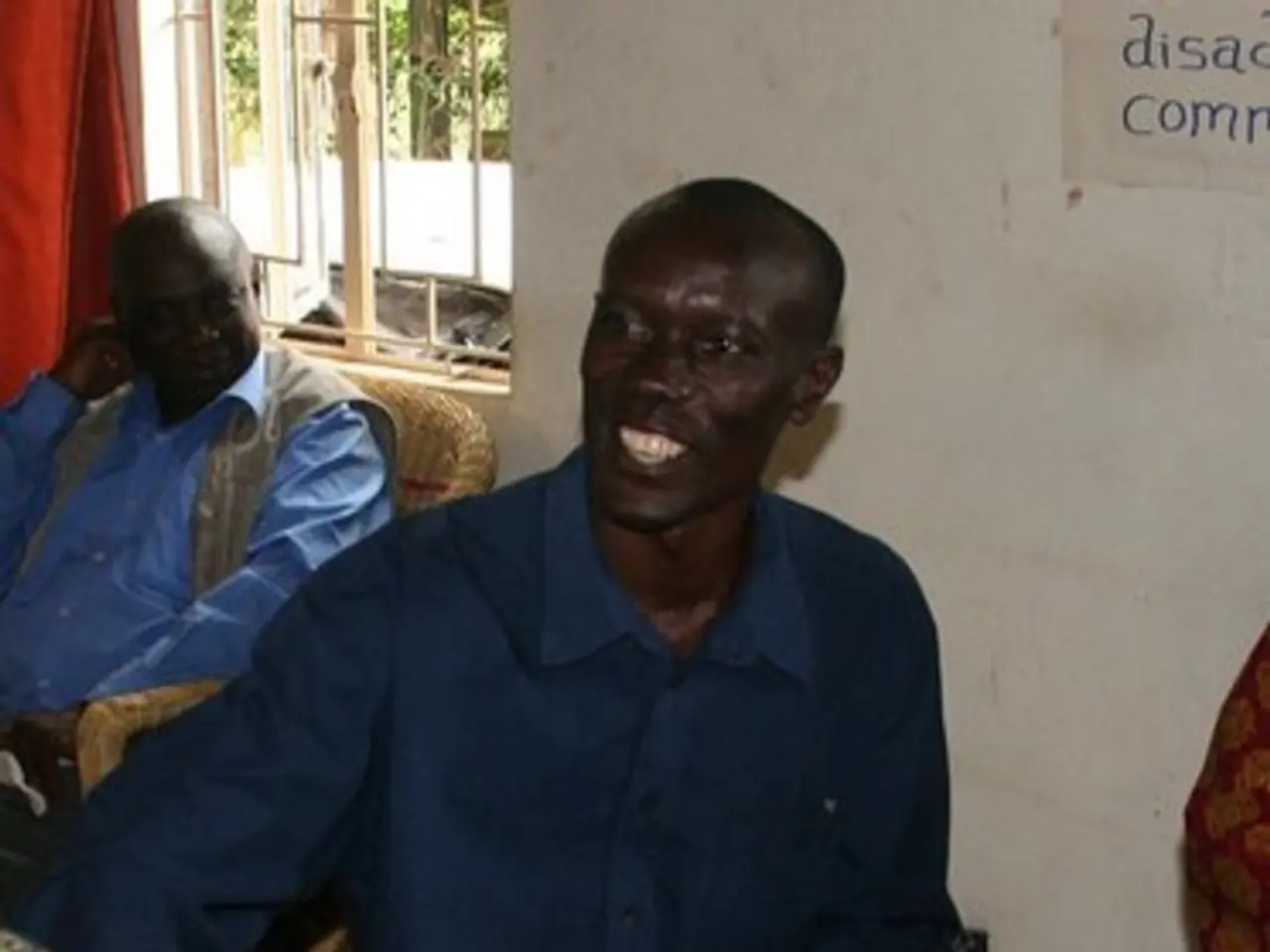Federal law enforcement executed two arrest warrants at the Elten border crossing on the 3 motorway.
The Federal Police Inspectorate Kleve is currently processing a Syrian man who was arrested during border controls on the A3. The arrest was related to the reintroduced internal border controls, which have been in effect since September 16, 2024, at the order of the Federal Ministry of the Interior, Building and Community.
On July 28, 2025, a 40-year-old Syrian man was traveling on a bus from Amsterdam to Frankfurt when he was arrested on the spot during the journey. The exact reason for his arrest was not specified, but it is known that the Syrian man is wanted by the Public Prosecutor's Office in Kaiserslautern for failing to appear at a main hearing on July 7, 2025, for theft.
Meanwhile, a 33-year-old Bulgarian man was checked by officers at the border. He was driving a car registered in Bulgaria and was found to be wanted by the Public Prosecutor's Office in Passau for forgery. However, the Bulgarian man was able to avoid potential imprisonment by paying a fine of 400 euros on the spot and was allowed to continue his journey after completing police procedures.
The reintroduced internal border controls at the land-based Schengen internal borders are part of a broader effort to address irregular migration, enhance national security, and maintain public order amid ongoing cross-border pressures. Poland reintroduced border checks starting July 7, 2025, at its borders with Germany and Lithuania to prevent the arrival of irregular migrants following Germany’s deportation policies. Other countries like Austria, Denmark, France, Germany, Italy, and the Netherlands maintain or extend internal checks through late 2025, citing national security and the need to tackle the instrumentalization of immigration by reducing border crossing points and increasing surveillance.
The amended Schengen Border Code enacted in mid-2024 allows such temporary reintroduction of internal border controls as a "measure of last resort" in cases of serious threats to public policy or internal security, including large-scale public health emergencies or immigration pressure. The sustained reintroduction of controls affects traffic, mobility, and economic integration but is viewed by these nations as necessary responses to migration-related challenges and security concerns.
The July 28, 2025 incident on the A3, a major transit route through Schengen countries, fits within this broader context of intensified internal border controls and enforcement measures responding to perceived heightened migration and security risks at internal European borders. The Federal Police enforced two arrest warrants during border controls on the A3 at the Elten-Autobahn border crossing.
The Syrian man, who is scheduled to be presented to the duty judge at Kleve Local Court on the morning of July 29, 2025, is just one of many individuals who have been affected by these measures. As the situation continues to evolve, it is expected that these internal border controls will remain a point of contention and debate among European policymakers and citizens alike.
References:
- European Commission (2024). Schengen Border Code. Retrieved from https://ec.europa.eu/home-affairs/what-we-do/policies/borders-and-visa/schengen-borders/legislation_en
- European Parliament (2024). Amended Schengen Border Code. Retrieved from https://www.europarl.europa.eu/doceo/document/TA-9-2024-0313_EN.html
- Reuters (2025). Poland reintroduces border checks with Germany to stem migrant flow. Retrieved from https://www.reuters.com/world/europe/poland-reintroduces-border-checks-germany-stem-migrant-flow-2025-07-07/
- The Guardian (2025). Schengen countries reintroduce border checks amid migrant crisis. Retrieved from https://www.theguardian.com/world/2025/jul/28/schengen-countries-reintroduce-border-checks-amid-migrant-crisis
- In the broader context of intensified internal border controls and enforcement measures, the July 28, 2025 incident on the A3, involving the arrest of a Syrian man wanted for theft, can be seen as part of the policymakers' attempts to address general-news issues like irregular migration, security concerns, and crime-and-justice matters.
- Given the reintroduction of internal border controls in various Schengen countries due to perceived heightened migration and security risks, the Syrian man's arrest during border controls on the A3 is just another example of how politics, specifically immigration policies, and the need for general-news reporting on crime-and-justice issues are intertwined in the current European landscape.








